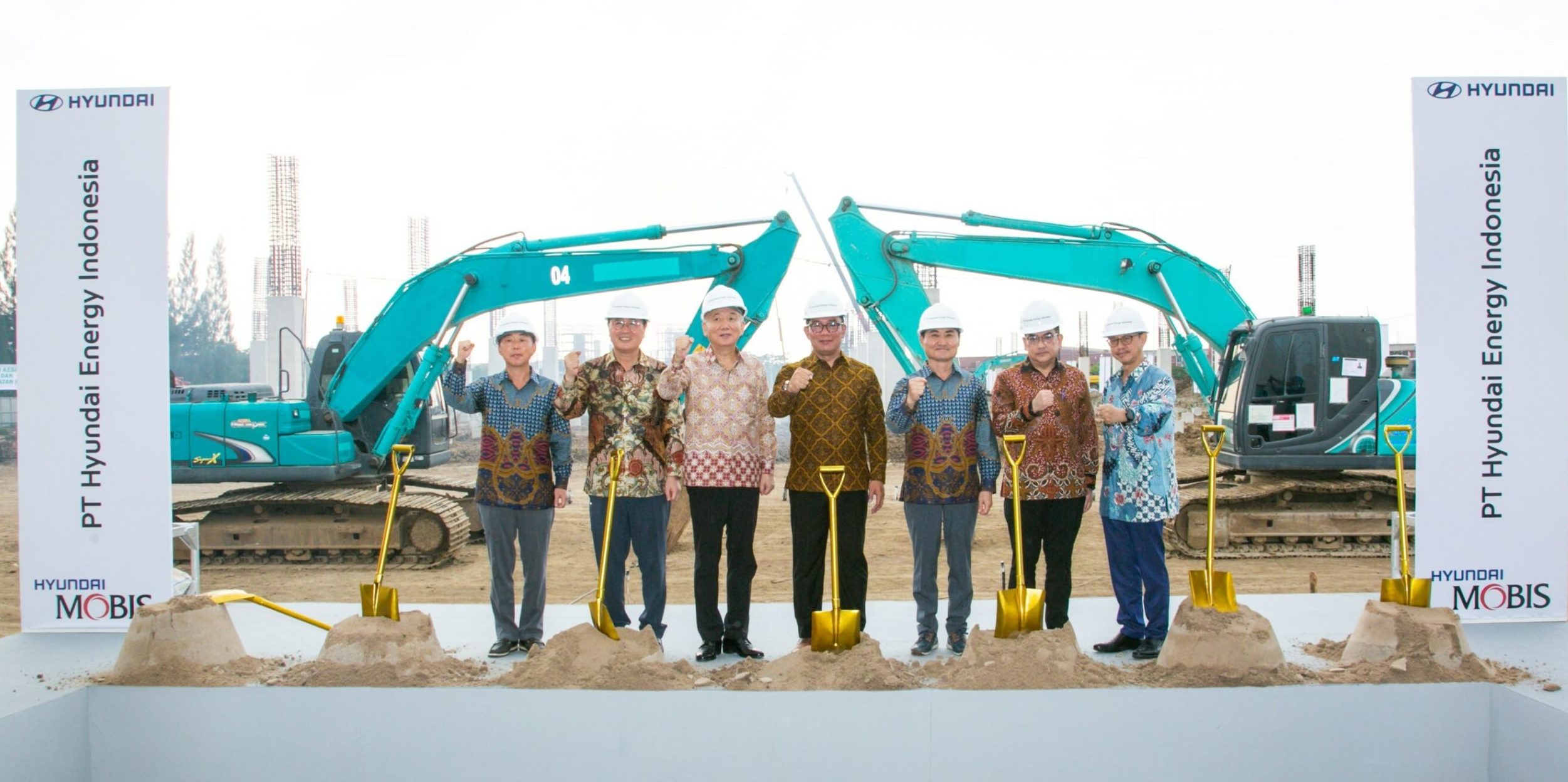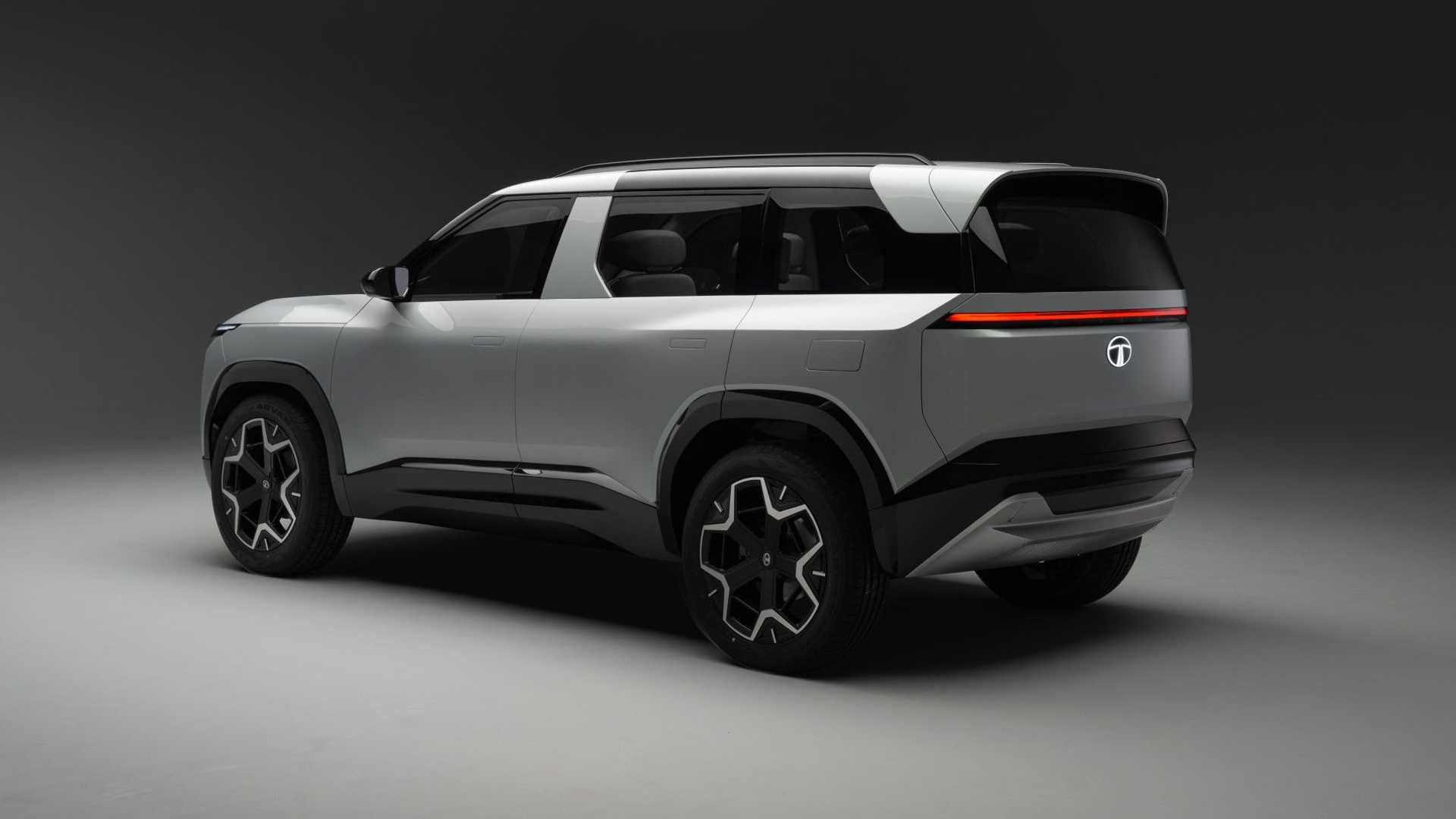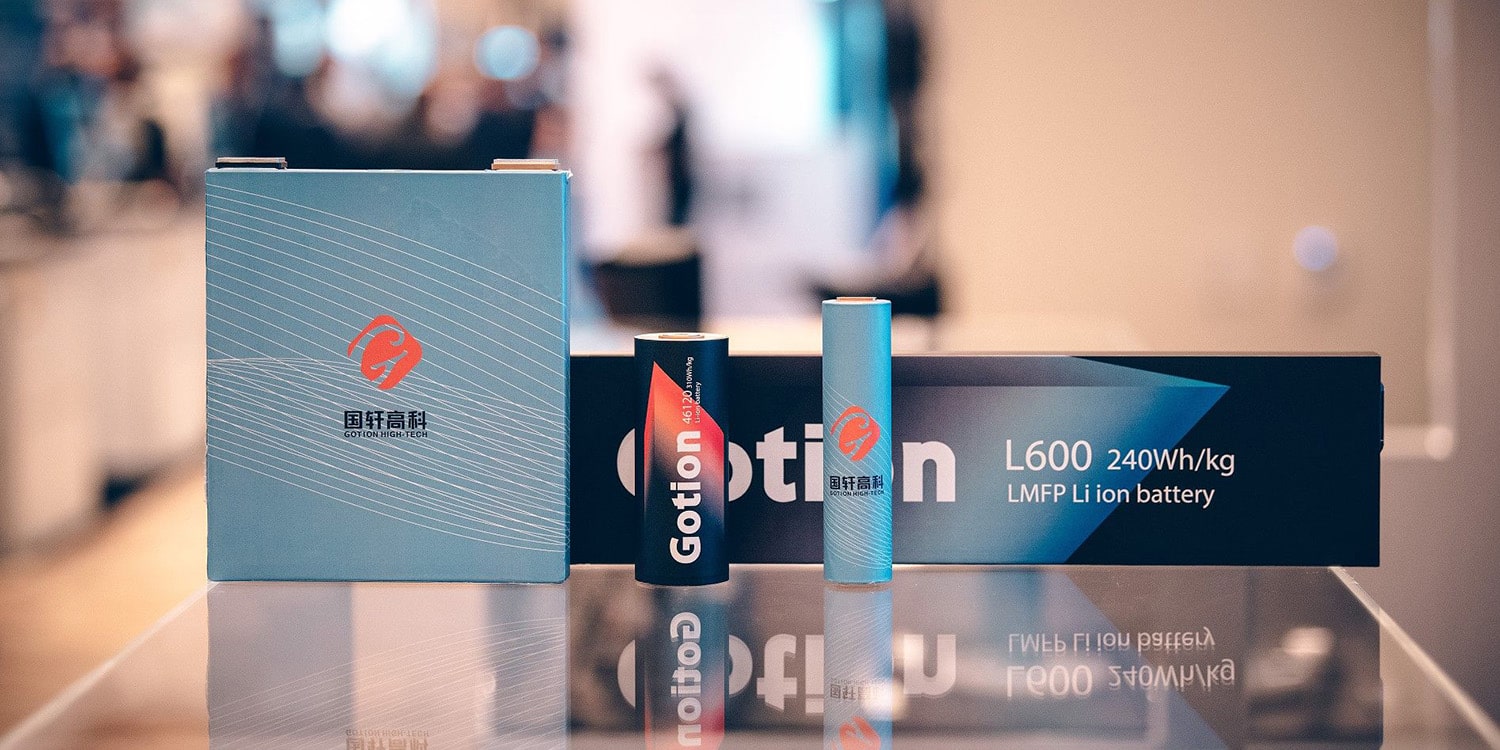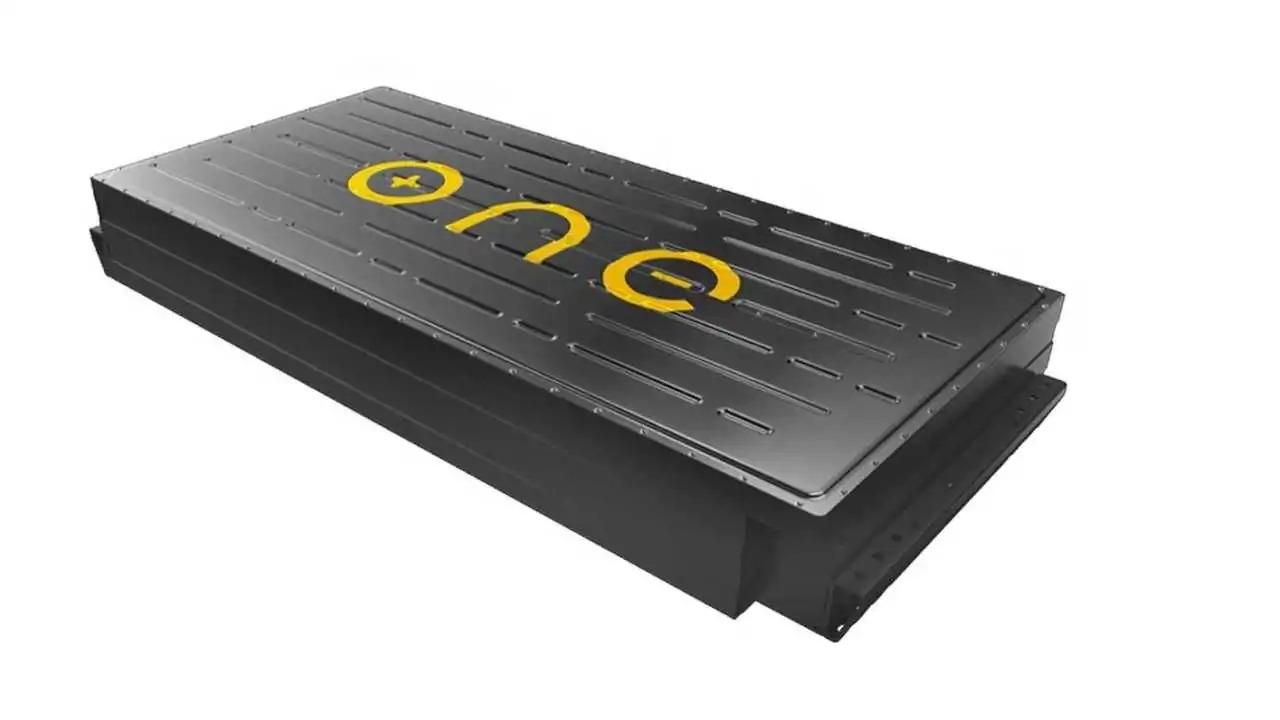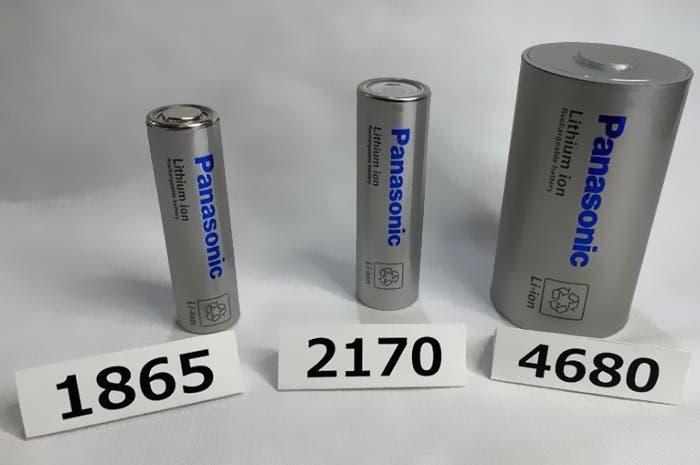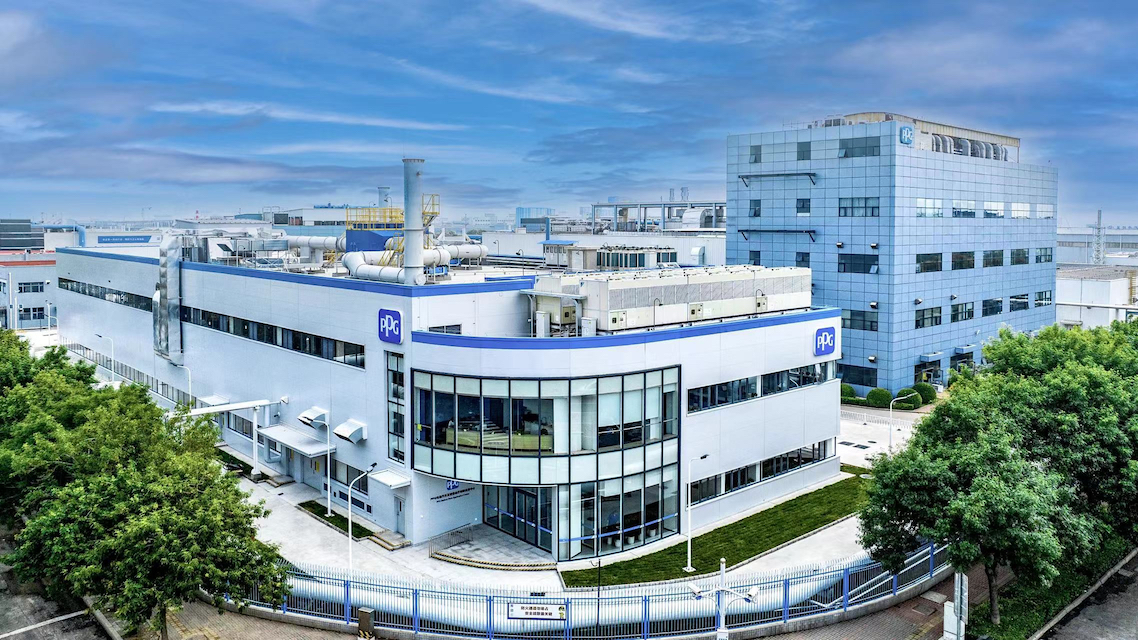Hyundai Mobis, the renowned automotive parts supplier, has commenced the construction of a cutting-edge battery systems plant in Indonesia. The newly established facility will be situated in Bekasi, a city located approximately 60 km southeast of Jakarta, and is expected to be completed by the first half of 2024.
Upon its inauguration in 2024, the facility will serve as a crucial supplier of battery systems for upcoming electric vehicle (EV) models set to be launched in Southeast Asia. Hyundai Mobis will source battery cells from HLI Green Power, a joint venture between the Hyundai Group and LG Energy Solution. Notably, LG Energy Solution is presently constructing a battery cell factory in Karawang, also in proximity to Jakarta, which is projected to commence operations in the first half of 2024, boasting an impressive annual capacity of 10 GWh.
Hyundai’s foray into Indonesia’s EV market commenced last year with the establishment of its inaugural vehicle plant in Cikarang, near Jakarta. This milestone marked Hyundai’s first production facility in Southeast Asia capable of manufacturing battery electric vehicles (BEVs), beginning with the highly anticipated Ioniq 5.
Oh Heung-sub, Senior Vice President of Electrification at Hyundai Mobis, expressed confidence in the company’s role as a vital partner in Indonesia’s journey to establish a thriving EV ecosystem. He emphasized the growing potential of the Indonesian automotive industry, stating, “Hyundai Mobis will become a partner for Indonesia and will play a pivotal role in establishing the EV ecosystem.” The press release further highlighted the unwavering support provided by the Indonesian government throughout the approval process, encompassing construction, environmental assessment, logistics cost optimization, and tax benefits.
Indonesia has increasingly captured the attention of global vehicle manufacturers, with Volkswagen recently expressing interest in constructing a battery factory in the country. This decision follows a similar announcement made by Volkswagen’s subsidiary, PowerCo, in April. Additionally, renowned institutions like RWTH Aachen University have actively participated in Indonesia’s battery industry. Notably, Ford, BASF & Eramet, and SK On have all demonstrated keen interest in the country’s abundant nickel deposits. Tesla, too, has expressed considerations for establishing an EV plant in Indonesia, driven by the need to secure a sustainable nickel supply.
As the Indonesian automotive landscape continues to flourish, Hyundai Mobis is poised to make significant contributions by bolstering the country’s EV sector and driving the nation towards a greener future.

